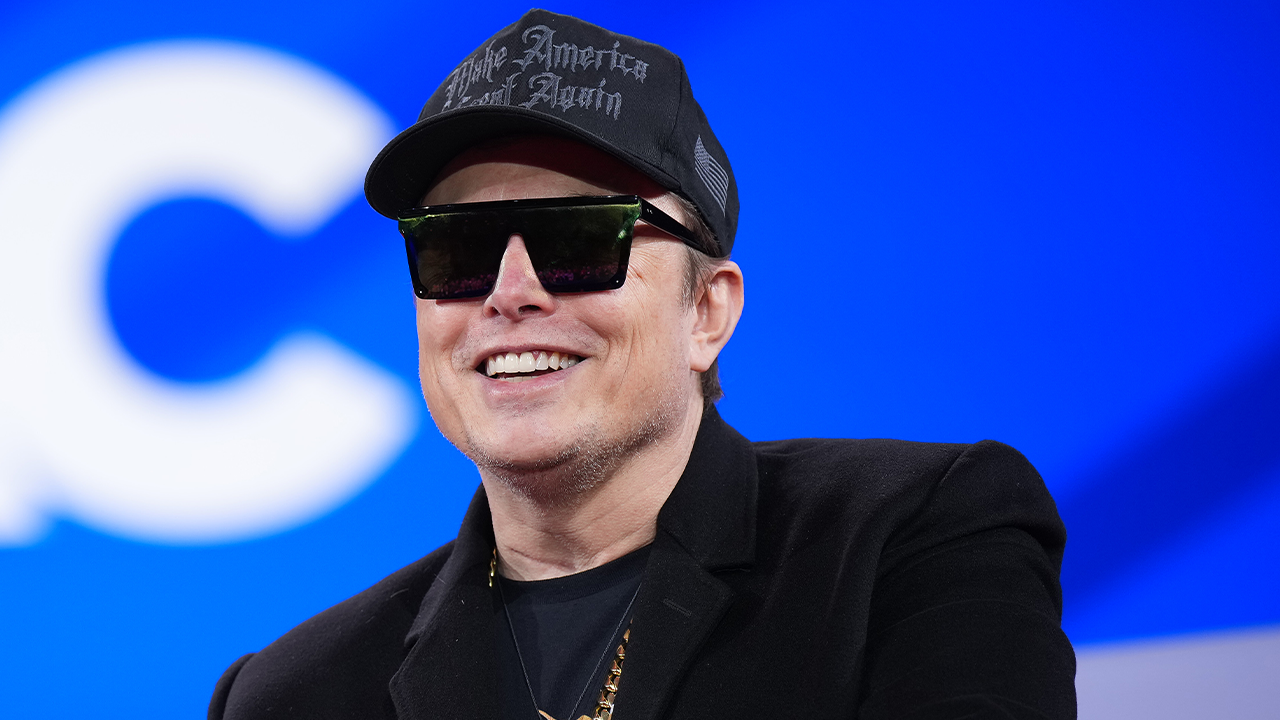Elon Musk Indicates Stepping Down from DOGE Leadership Role

Elon Musk announced on Wednesday night, May 28, 2025, that his tenure as a "special government employee" with the Trump administration, leading the Department of Government Efficiency (DOGE), is coming to an end. This departure aligns with the 130-day limit for such roles; Musk's term began on Inauguration Day, January 20, and was set to conclude on May 30. The White House confirmed Musk's statement and stated that his offboarding process would commence Wednesday night.
In a post on X, Musk expressed his gratitude to President Donald Trump for the opportunity to lead DOGE's efforts in reducing wasteful government spending. He asserted that the "@DOGE mission will only strengthen over time as it becomes a way of life throughout the government." President Trump has also publicly praised Musk's efforts, thanking him during a congressional address in March and highlighting the significant financial discoveries made by DOGE.
DOGE was established by an executive order signed by President Trump on January 20, with Musk becoming its prominent public face. The department was tasked with a sweeping mission to identify and eliminate government overspending, corruption, and fraud across federal agencies. The initiative itself is temporary, with the executive order stipulating that DOGE will be dissolved on July 4, 2026.
During its operation, Musk's DOGE team has reportedly instigated significant changes, including employee cuts at numerous federal agencies and the termination of billions of dollars in government contracts. Musk has claimed these efforts have resulted in approximately $160 billion in spending cuts. However, these figures have been contested, with one report suggesting the cuts could ultimately cost the government $135 billion due to lost productivity and the expenses associated with staff leave and potential re-hiring.
Despite being the public face of DOGE, court filings clarified Musk's official capacity. He was hired as a "special government employee," a role created in 1962 for temporary initiatives, allowing work for no more than 130 days in a 365-day period. Musk was not an employee of the United States DOGE Service (USDS) – formerly the United States Digital Service (USDS) until renamed by Trump's executive order – and did not report to its acting administrator, Amy Gleason. Instead, Gleason stated Musk did not report to her, nor she to him. White House officials described Musk as a senior advisor to the President, who "has no actual or formal authority to make government decisions himself."
Both Musk and President Trump had previously indicated that Musk's role was temporary. In an April interview, Musk stated he believed DOGE would accomplish most of its deficit-reduction work within his 130-day timeframe. During a Tesla earnings call on April 22, Musk announced his time allocation to DOGE would "drop significantly" starting in May, allowing him to focus more on his companies, though he suggested he might continue to spend "a day or two per week on government matters" if President Trump wished and it remained useful.
President Trump, in March, acknowledged Musk's commitments to his own companies, stating, "at some point he's going to be going back," while also expressing a desire to "keep him as long as I can keep him," praising Musk's intelligence and the effectiveness of DOGE. Musk's involvement with the Trump administration has not been without controversy, as Democrats and activists have staged protests against the tech billionaire and his companies, partly due to his work with DOGE. Some Tesla investors also expressed concerns about his divided attention and potential risks to the carmaker's brand.
Musk's departure announcement followed a recent "CBS Sunday Morning" interview where he criticized a budget bill passed by House Republicans and heavily backed by President Trump. Musk described the bill as a "massive spending bill" that "increases the budget deficit...and undermines the work that the DOGE team is doing." This critique highlighted a point of divergence with the administration he was serving.
Musk has been an ardent supporter of Trump, officially endorsing him after an assassination attempt on July 13, 2024. He posted on X, "I fully endorse President Trump and hope for his rapid recovery," and later hosted Trump for an interview on the platform.
Looking ahead, while Musk steps back, the Trump administration intends to make some of DOGE's cuts permanent. White House Office of Management and Budget Director Russ Vought announced plans for a rescission package, a legislative tool for Congress to cancel previously appropriated but unspent funds. Initial targets for these permanent cuts include foreign aid, the U.S. Agency for International Development (USAID), and funds for the Corporation for Public Broadcasting.









